In our current environment of steeply rising costs, it’s more important than ever to safeguard your reserves to ensure that your association has sufficient funds available for immediate and future capital projects.
Unfortunately, many association boards do not understand how to properly implement these safeguards, leaving them in the position of struggling to fund important projects this year, next year and beyond. There’s not a simple answer to this issue, but there are steps every board can and should take to make their reserves as robust as possible, and reduce some of the pressure that comes along with larger-scale maintenance and replacement projects.
Plan for the Future
Safeguarding your association’s reserves starts with knowing how much to assess your unit owners each year. Many boards try to keep their annual budgeted assessments the same year after year, or make only very small increases to keep the current unit owners happy, not thinking about the future until there’s a major repair or renovation that must be done now. This is why every association needs to have a proactive plan for how much to assess owners each year, based on current reserves and the projected capital needs of the association. This is where the reserve study comes in.
Every association should have a reserve study done by a professional engineering firm to identify the association’s future capital needs. Some boards may be tempted to conduct a study in-house to avoid paying for a professional assessment, but this runs the risk of overlooking common area components that the association is responsible for according to its declaration and bylaws. Leaving them out of reserve calculations sets the board up for a nasty surprise if any of those components require major work.
A professional reserve study includes a physical analysis of an association’s common elements, and a financial analysis to determine a long-range funding plan for major repairs and replacement of those common elements. This sounds pretty straightforward, but many associations that commission professional reserve studies still do not fund their reserves properly. This is usually due to the following issues:
The study is commissioned, prepared, and delivered…and the board never looks at it again. Associations should actually sit down and review the completed study with their engineering firm, and then should revisit it annually—especially at budget time. Boards should also start looking at the projects that will be coming up in the next five years, and begin strategizing how to fund those projects ahead of time.
Another issue is a reserve study that hasn’t been updated in many years. All studies should be updated every three to five years, but in our current climate of increasing costs, updating every two years is prudent.
Finally, if an association neglects the maintenance of their common elements properly, the cost to repair or replace those elements can be much higher than the reserve study estimated.
Fund Accounting
Another way many associations fail to safeguard their reserves is by either not using fund accounting, or by commingling their funds. All associations should have, at minimum, an operating fund and a reserve fund, and should have separate bank accounts or investment accounts for their reserve funds that do not commingle with their operating cash funds. Despite this, many associations with separate cash accounts for reserves do commingle their operating and reserve funds, which can lead to real problems.
Commingling can consist of the following:
• Paying reserve expenses out of the operating fund, and then not reimbursing the operating fund, or reimbursing it only partially
• Depositing reserve or special assessments into the operating fund, then not transferring those funds back to the reserves to pay for the capital project or bank loan the assessment was made to cover in the first place
• Paying the bank loan principal and interest taken out to finance reserve fund projects out of the operating fund and not reimbursing the operating fund for the principal and interest by the reserve fund
• Failing to reimburse the reserves for funds used to shore up an operating budget shortfall
In order to avoid this, and to safeguard their reserves, associations should hire a CPA to perform an audit, review, or a compilation on an accrual basis with fund accounting. These reports show the board and unit owners the true financial position of their reserves, including any capital repairs or renovations that have been performed but not paid, and reconciling any commingling issues.
Internal Controls
Internal controls are another crucial component to safeguarding your reserves. Lack of internal controls is a primary cause of fraud. Boards should have control of both reserve cash and investment accounts. Other internal controls include:
• Two signatures on all checks written from the reserve account
• All reserve expenditures should be approved by the board and be shown in board meeting minutes
• All change orders should be approved by the board
Review your monthly financial packet, including the general ledger, bank and investment statements, and the reconciliations. Review the general ledger to make sure the cash and investment accounts agree with the reconciliations. Review all the capital expenditures to make sure they agree with the amount the board approved. Review the bank and investment statements to make sure that all transfers were made and received correctly
Investment Policy
A fourth element of safeguarding your reserves is having a sound investment policy that spells out your association’s financial goals. Whether the goal is to fund reserves, or to avoid or minimize special assessments or borrowing, the policy should set the following investment priorities:
• Safety—so important to the principal preservation of your funds
• Liquidity—funds should be available when you need them
• Yield—your reserve funds should earn returns
The policy should also discuss the criteria for selecting investments, and the procedures for reviewing and controlling funds. Drafting an investment policy also helps future boards understand the previous board’s investment decisions and goals.
Active Boards
Boards are legally responsible for the financial management of their associations—which is not a passive duty. Everything discussed in this article requires an active board, not just one or two committed board members. Having an active, forward-looking board making prudent decisions will help safeguard your community’s reserve fund assets and ensure a successful, financially healthy association.
Steven Silberman, CPA is a partner with PBG Financial Services PLLC in Northbrook, Illinois.





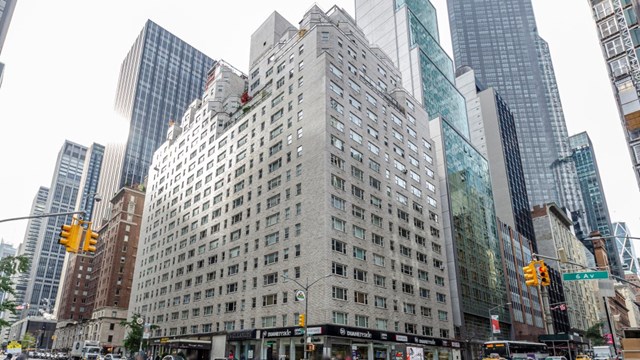
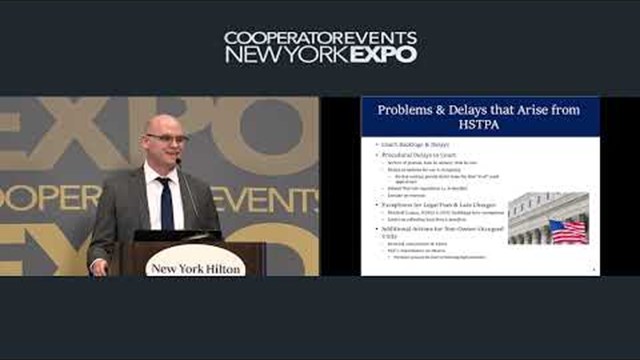
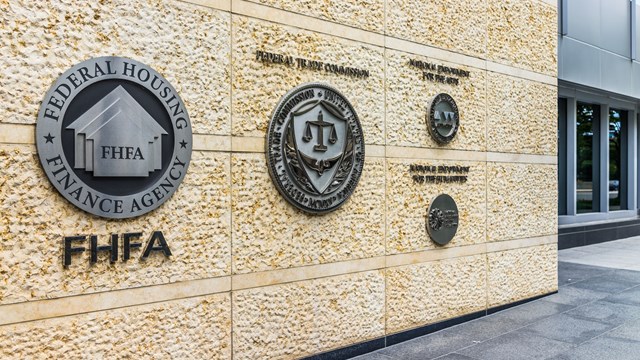
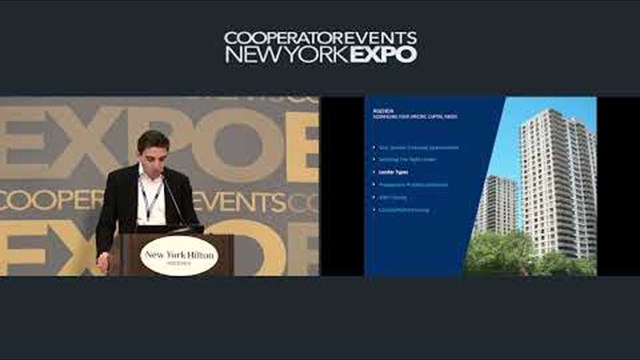
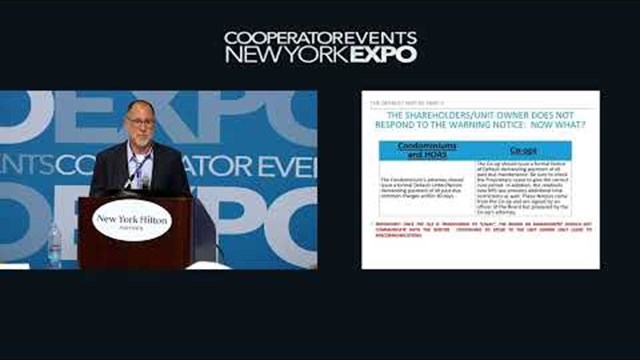
Leave a Comment